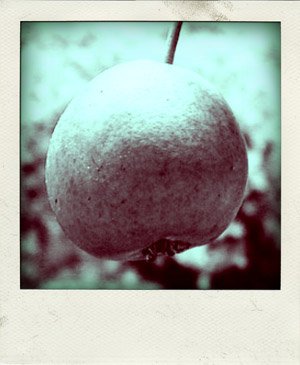This is part of a series on French idiomatic expressions that relate to food. Read the introductory Edible Idiom post, and browse the list of the French idioms featured so far.
This week’s expression is, “Pédaler dans la semoule.”
The literal translation is “pedaling in semolina,” and it means being entangled in a thorny situation, with the added notion that every effort made to get out of it is fruitless, or makes things worse. In short, being confused and overwhelmed, or being in over one’s head.
The image is, I think, clear enough: picture yourself riding a bicycle in a lake of couscous, or grit, and tell us how well you’d do. (It is also used for appliances and devices, computers in particular, when they’re whirring furiously without doing much actual work.)
Note that it is a colloquial expression, to be used in casual conversation only — not in your thesis, nor if you’re having dinner with the French ambassador/ambassadress, though perhaps he/she might think it endearing and fall in love with you. It’s worth a shot.
Example: “Ça fait une heure que j’essaie de résoudre cette équation, et franchement, je pédale dans la semoule.” “I’ve been trying to solve this equation for an hour, and frankly, I’m pedaling in semolina.”
Listen to the idiom and example read aloud:
This expression sometimes appears as, “Pédaler dans la choucroute,” or pedaling in sauerkraut, an equally illustrative variation.





